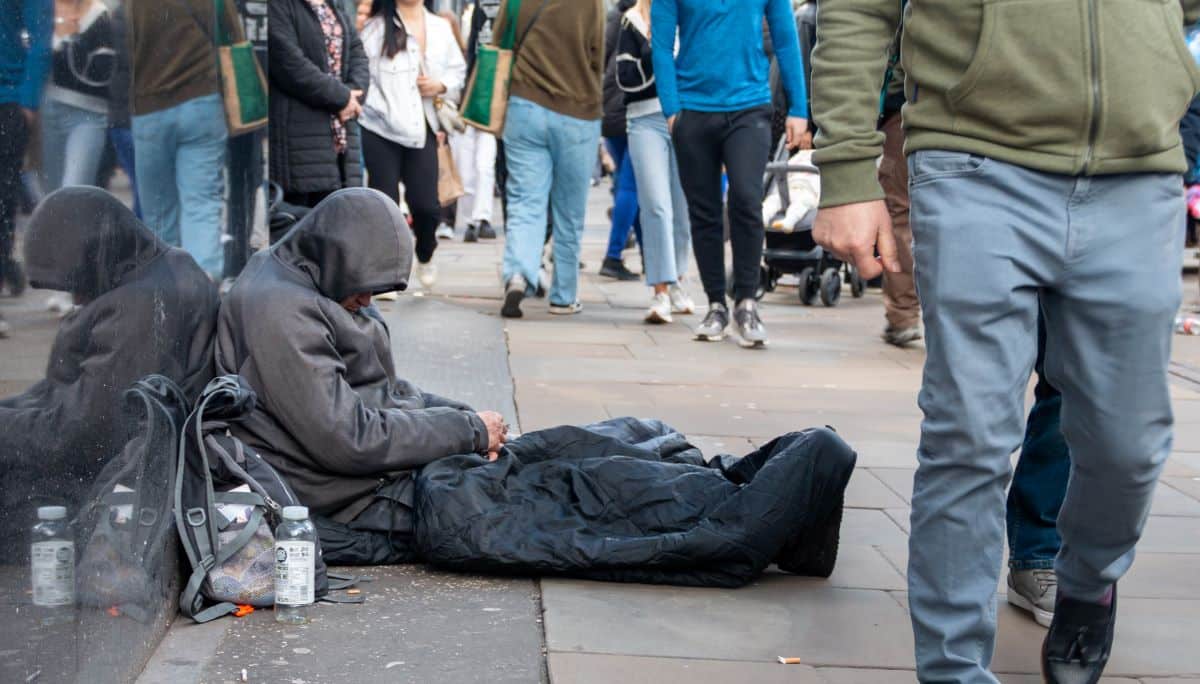Behind the headlines of economic growth lies a troubling reality: the rich are getting richer, and the poor are being left behind. What will it take to close this gap?
1. Energy Poverty Hits Millions
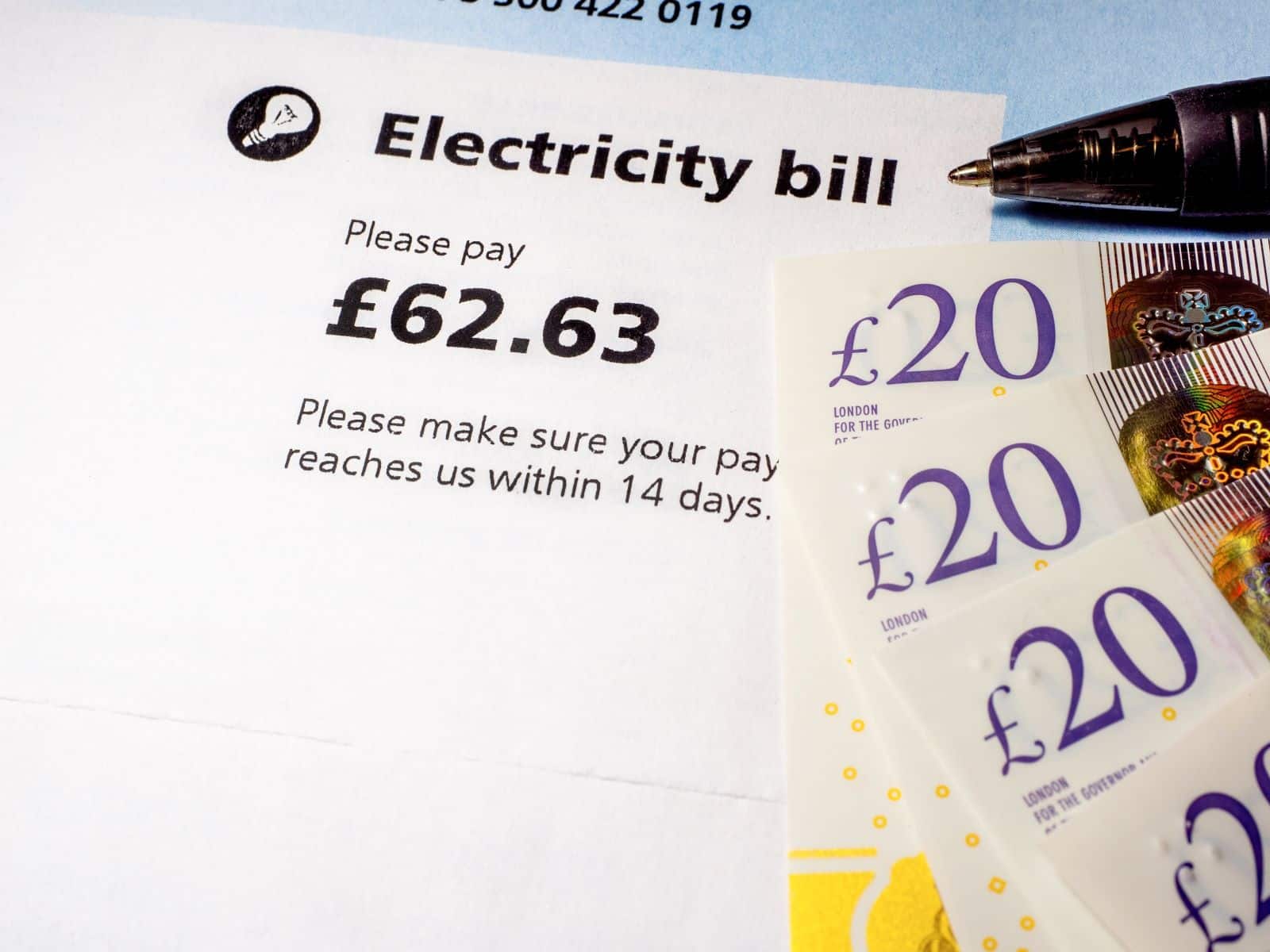
Labour’s energy price freeze hasn’t prevented over 6.5 million households from slipping into fuel poverty by the end of 2024. While the wealthy absorb rising costs with ease, the poorest are being forced to choose between heating and eating, according to Citizens Advice.
2. Housing Crisis Worsens
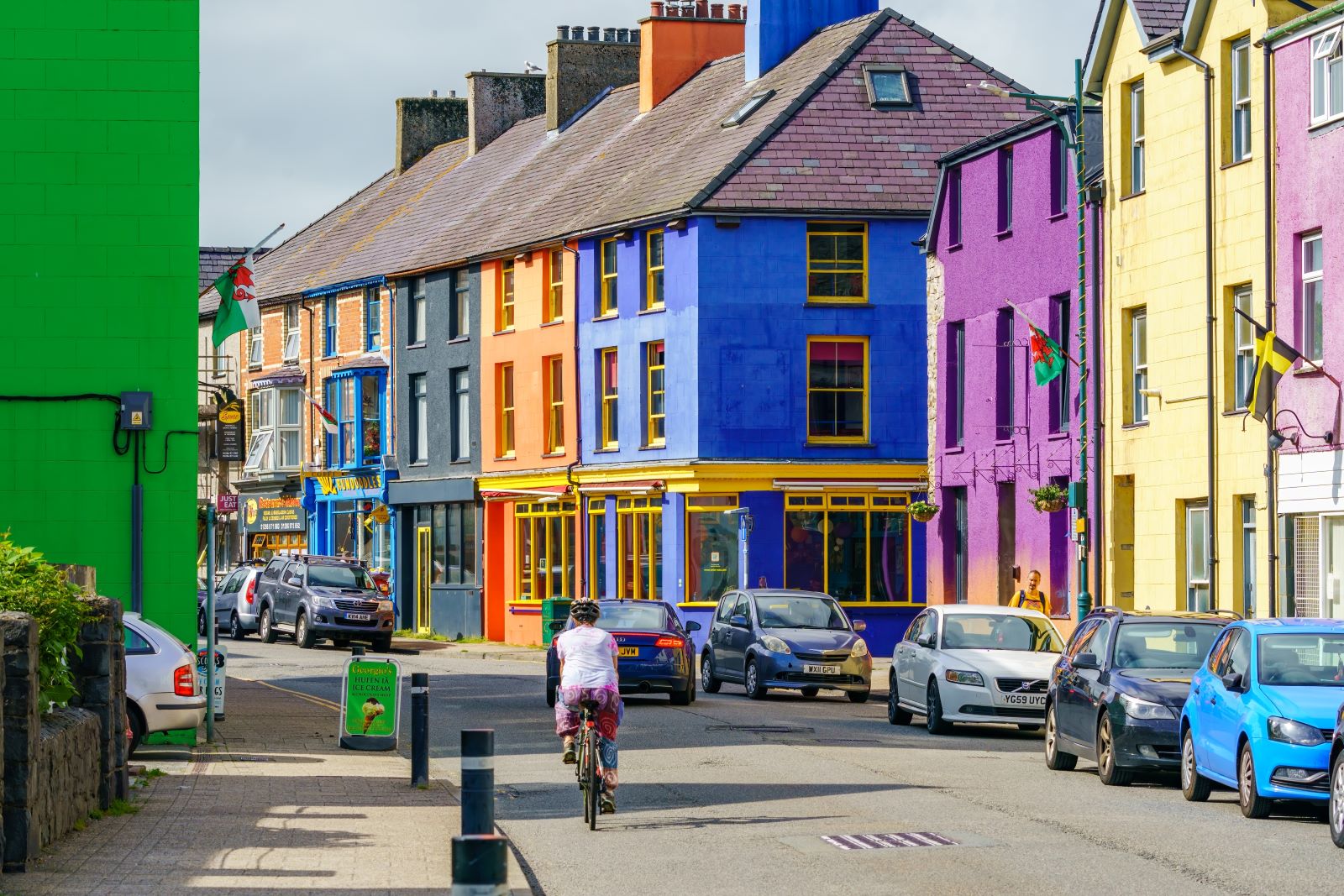
Despite Labour’s promises to tackle housing affordability, the crisis has only deepened. London house prices have soared above £540,000, and the party’s commitment to build 300,000 affordable homes annually remains unfulfilled. The housing shortage shows no signs of abating.
3. Youth Unemployment Still Rising

Youth unemployment hit 10.8% by mid-2024, despite Labour’s efforts to create jobs for young people. The government’s initiatives have fallen short, leaving thousands of young Britons facing a bleak job market with few prospects.
4. Public Services Still Struggling

The legacy of austerity continues to haunt Britain, with public services still underfunded despite Labour’s election promises. Local councils are staring down a £3 billion budget gap by 2025, with the poorest communities hit the hardest.
5. Inflation Erodes Wages
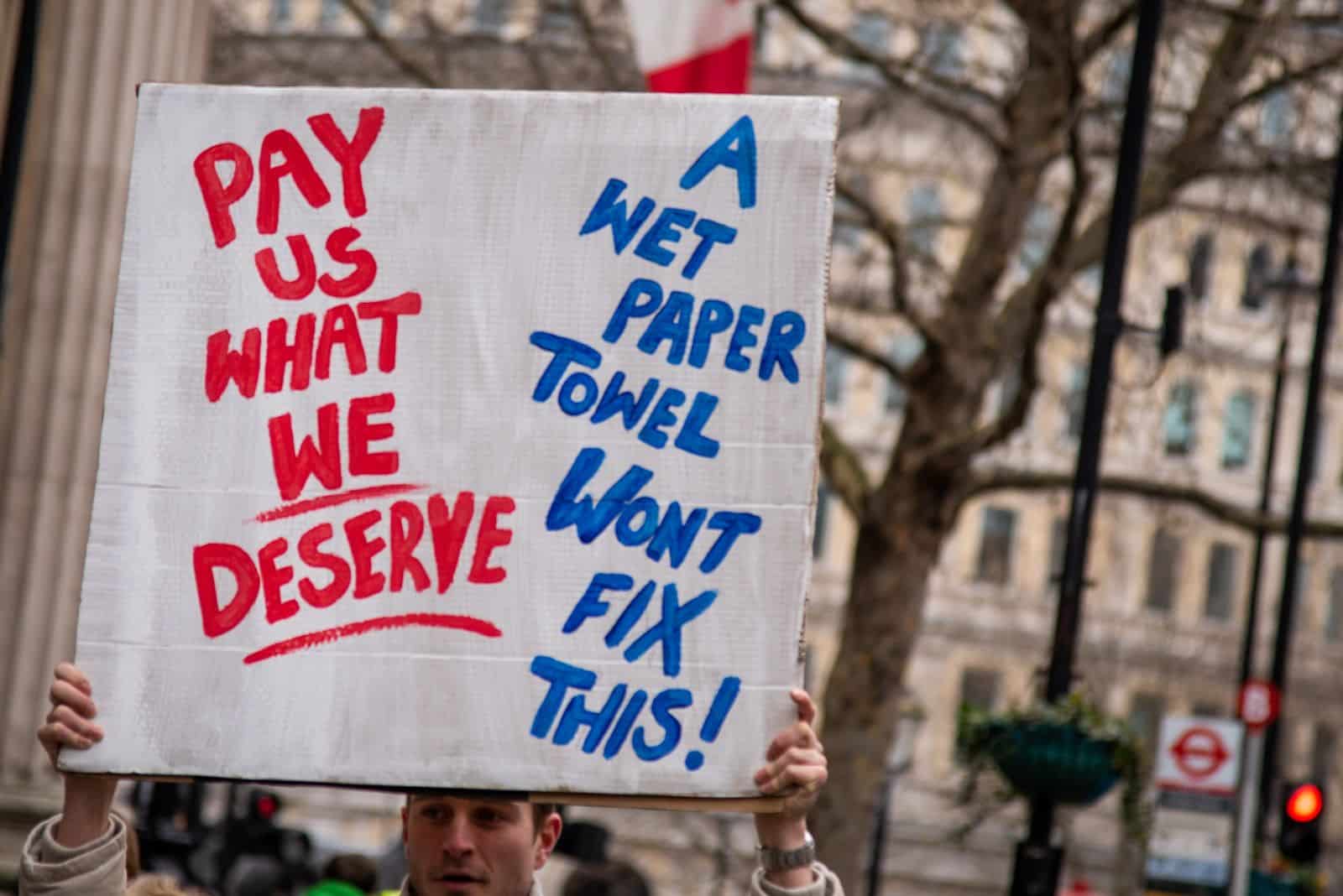
Labour’s attempts to raise the minimum wage have been overshadowed by inflation, which hit 6.3% in August 2024. With food prices soaring by 18%, the working poor find themselves no better off, as rising costs eat away at any pay gains.
6. Renters Squeezed Further

Labour’s failure to reform rental laws has left tenants at the mercy of landlords. In London, renters now spend an average of 40% of their income on housing, according to the National Housing Federation, making it increasingly difficult to make ends meet.
7. Schools Struggling Under Labour

Labour’s promises of increased education funding have fallen short, with over 50% of schools forced to cut staff in 2023. The National Education Union warns that students, particularly in poorer areas, are falling further behind due to overcrowded classrooms and fewer resources.
8. Wealth Tax Avoided Again
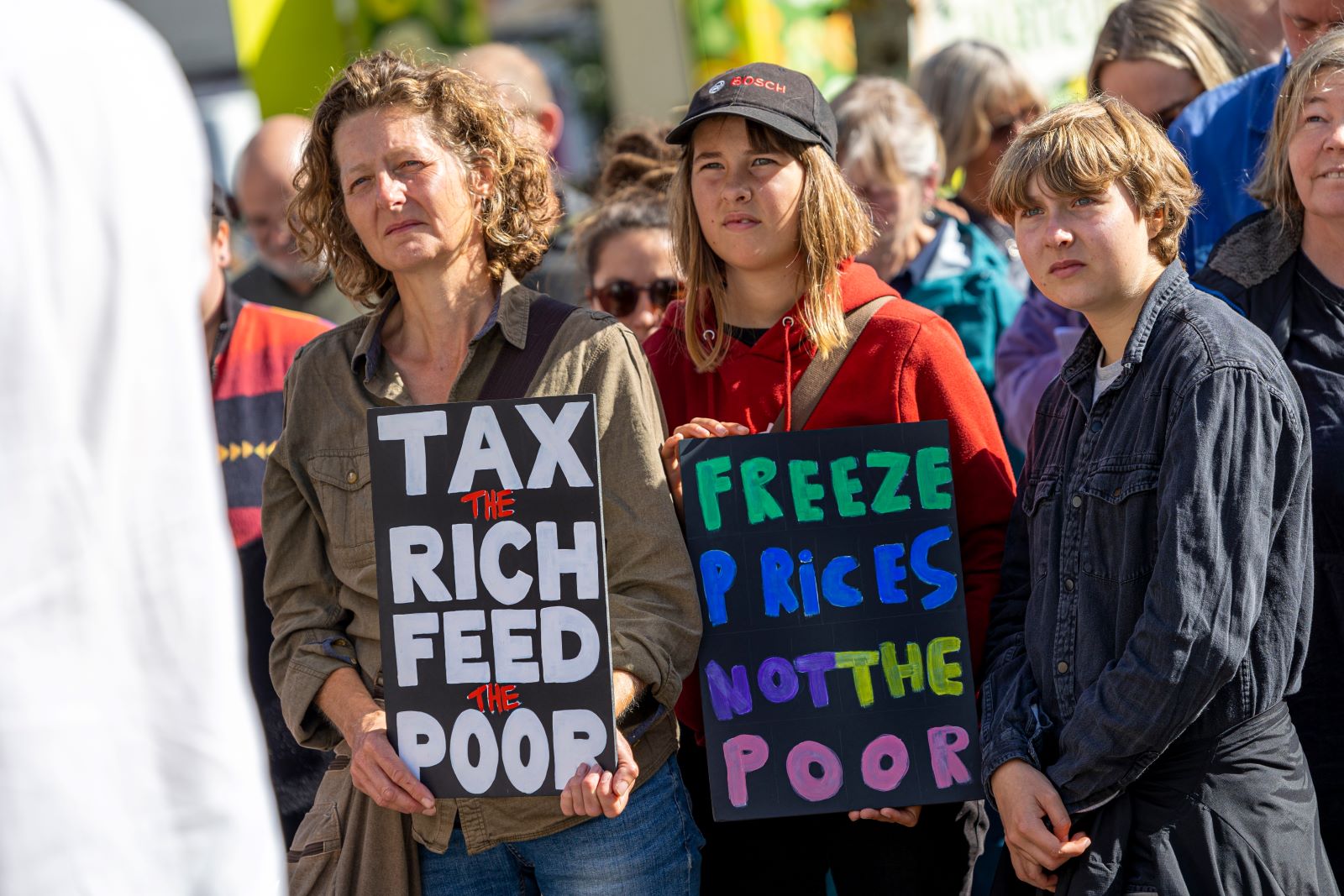
Despite internal pressure, Labour has avoided implementing a wealth tax, leaving the richest 1%—who control over 20% of the nation’s wealth—untouched. Critics argue this failure to act is a betrayal of the party’s core promise to tackle inequality.
9. Food Banks See Record Demand

Despite Labour’s rhetoric on poverty reduction, food bank usage has surged to record levels. The Trussell Trust reports nearly 3 million emergency food parcels distributed between April 2023 and March 2024—a 37% increase from the previous year, highlighting the government’s inability to address the deepening crisis.
10. Interest Rates Pile Pressure on Homeowners
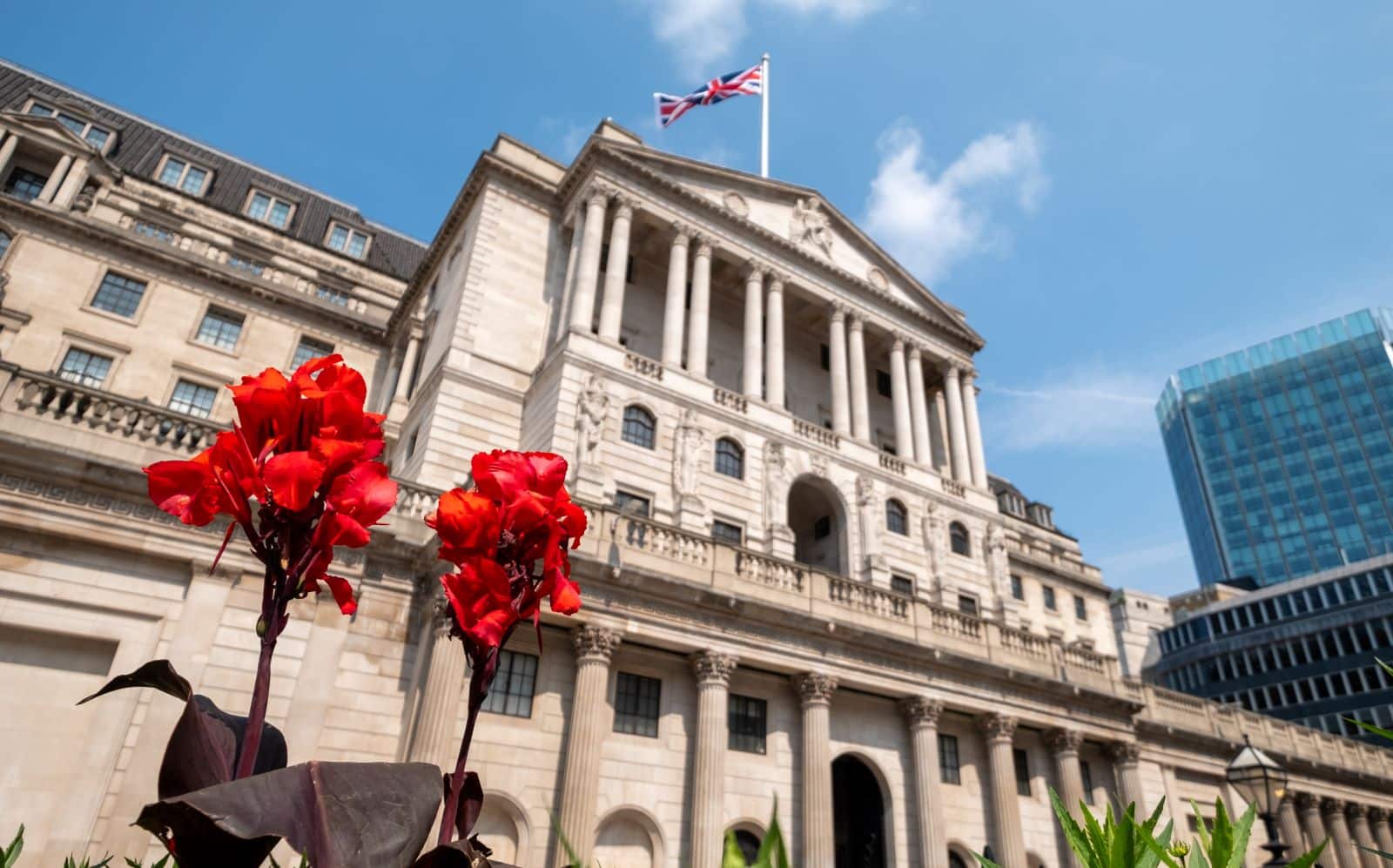
With the Bank of England’s base rate now at 5%, mortgage holders are feeling the strain. The Financial Conduct Authority warns that over 750,000 households could fall behind on payments by the end of 2024, with poorer families being hit hardest by rising interest rates.
11. Regional Disparities Persist
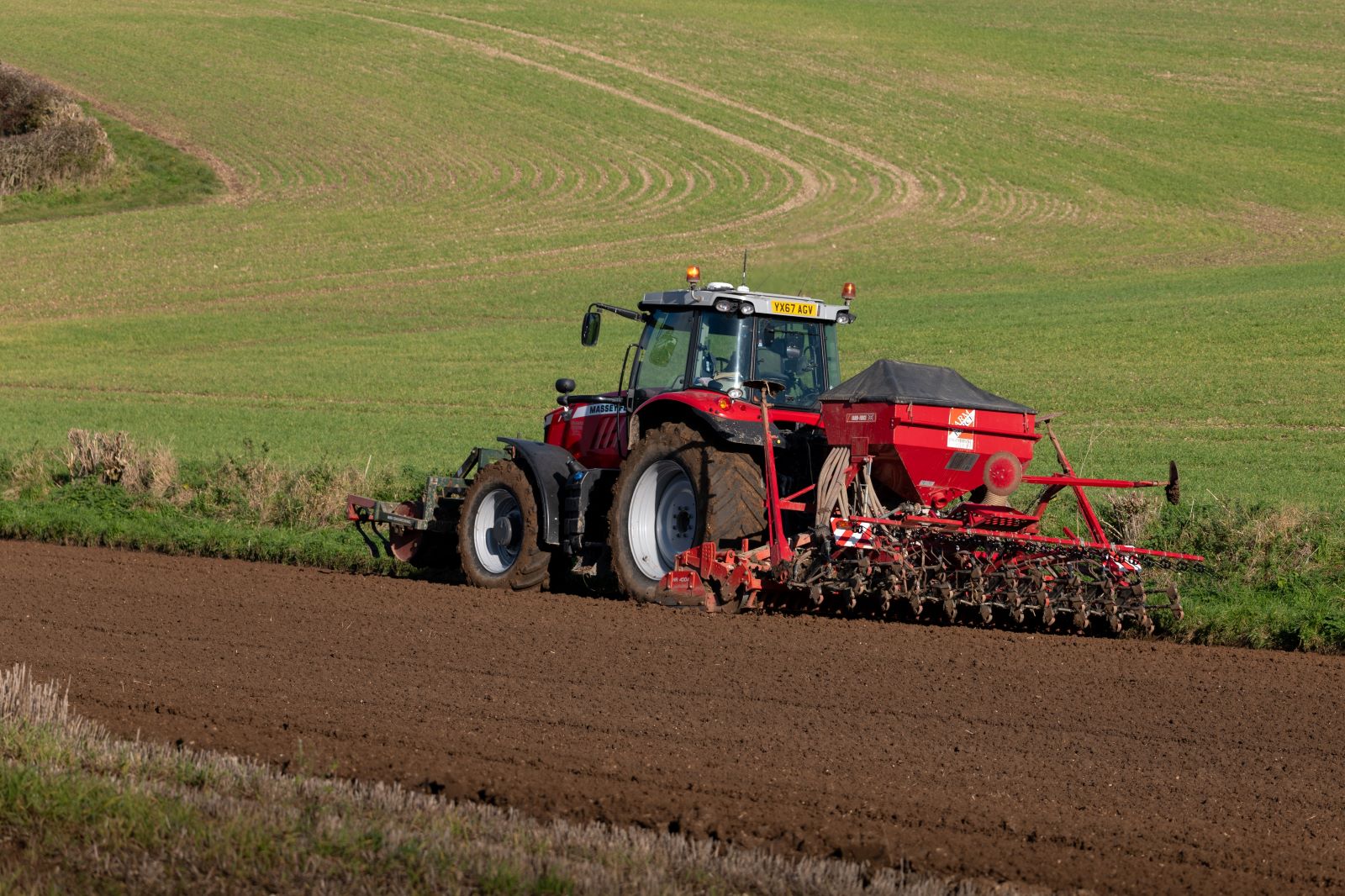
Labour’s efforts to “level up” the country have fallen short, with regional inequality continuing to grow. While London’s economy boomed with 5.3% growth in 2023, regions like the North East saw only 0.9% growth, according to the Centre for Cities.
12. Childcare Costs Still Unaffordable

Childcare remains prohibitively expensive for many families, with the UK among the highest in the world. Despite Labour’s pledges to improve access, families are still spending 30% of their income on childcare, as reported by the OECD, driving many into financial hardship.
13. NHS Struggles Continue
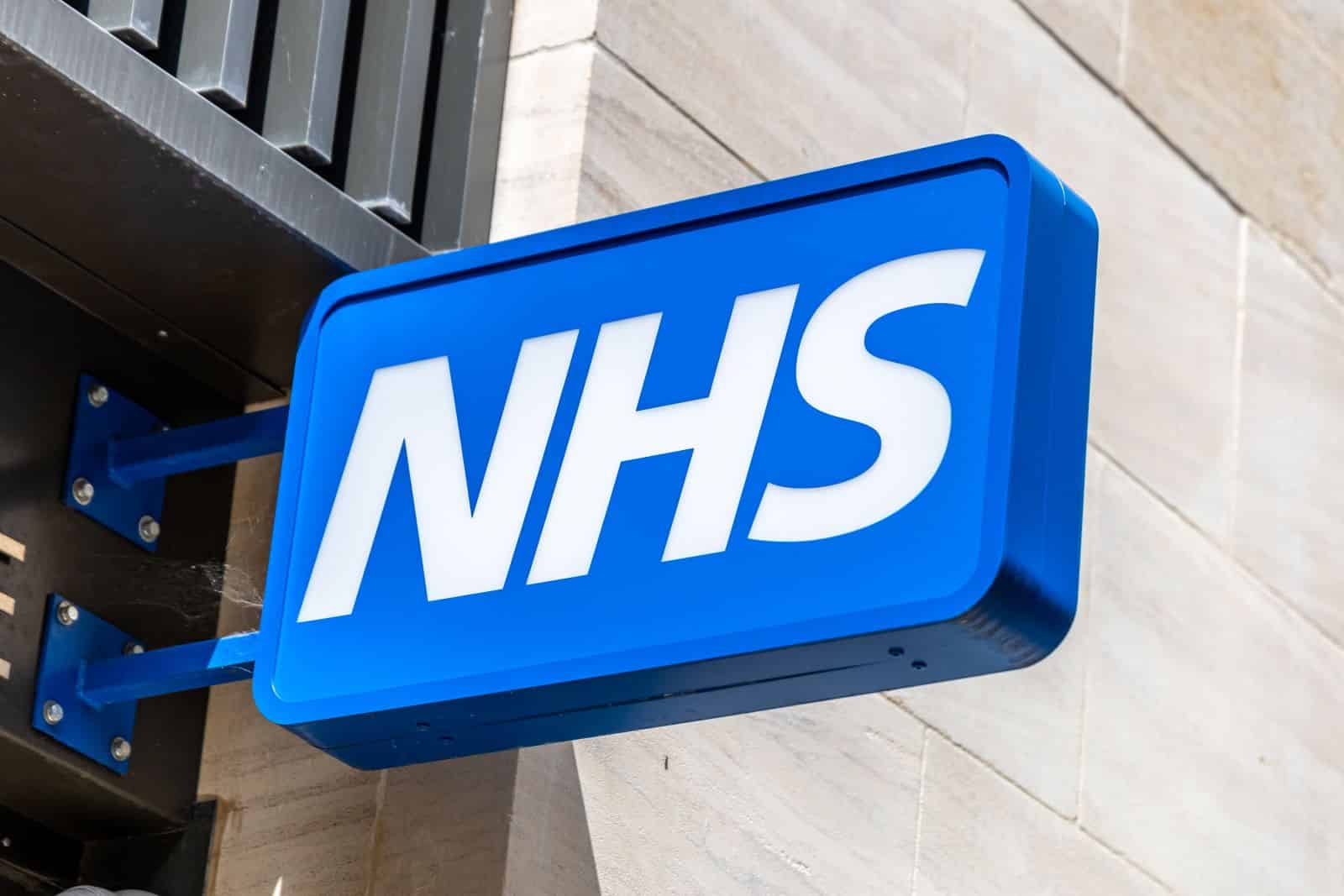
Labour’s attempts to address the NHS crisis have done little to alleviate the pressure on the poorest communities. The King’s Fund reports that over 7 million people are waiting for treatment, with the worst delays occurring in the most deprived regions.
14. Business Investment Drops
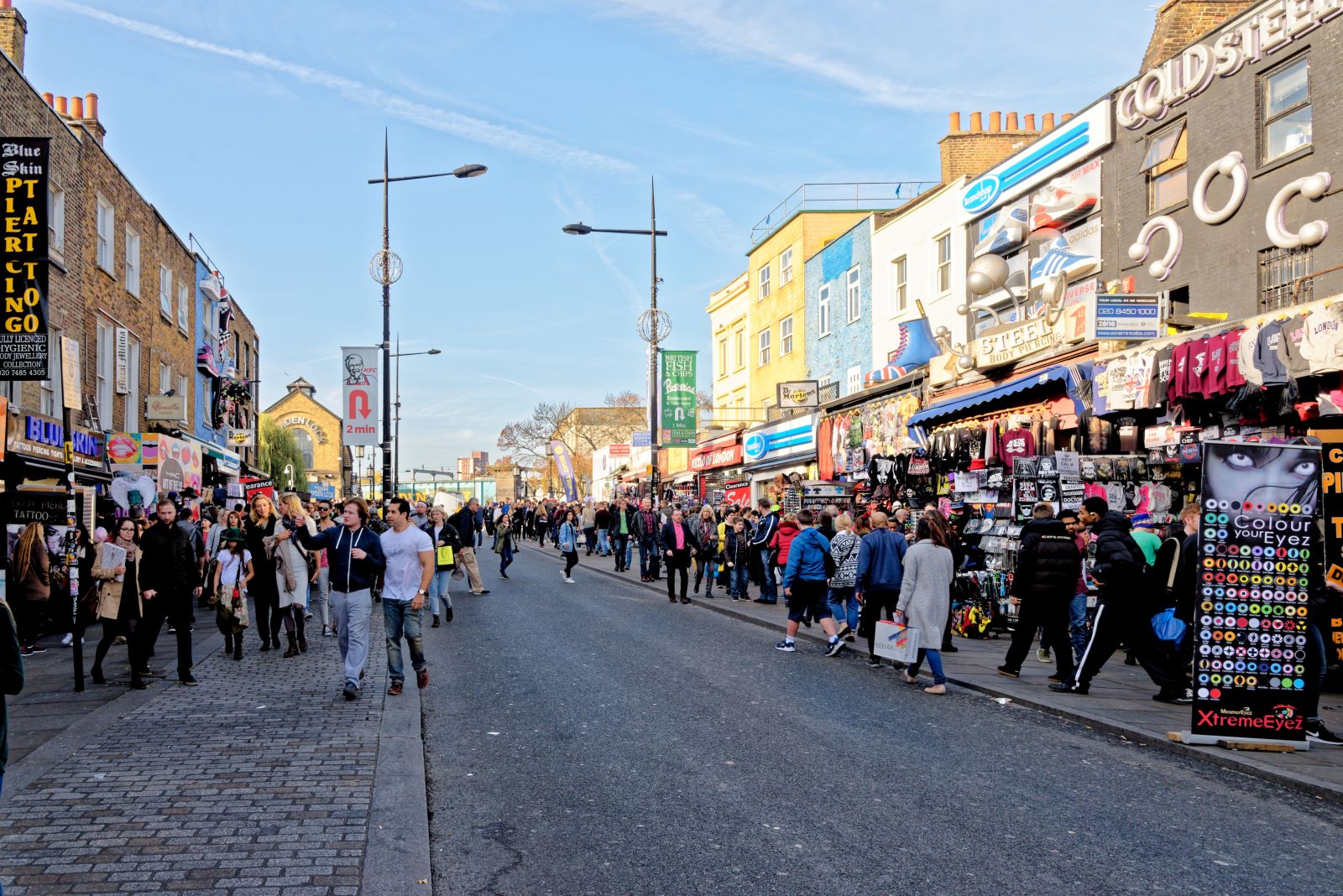
Labour’s economic uncertainty has led to a decline in business investment. The Confederation of British Industry reported a 2.5% drop in business investment during Q2 2024, with many businesses hesitant to commit amid political and economic instability.
15. Food Prices Surge
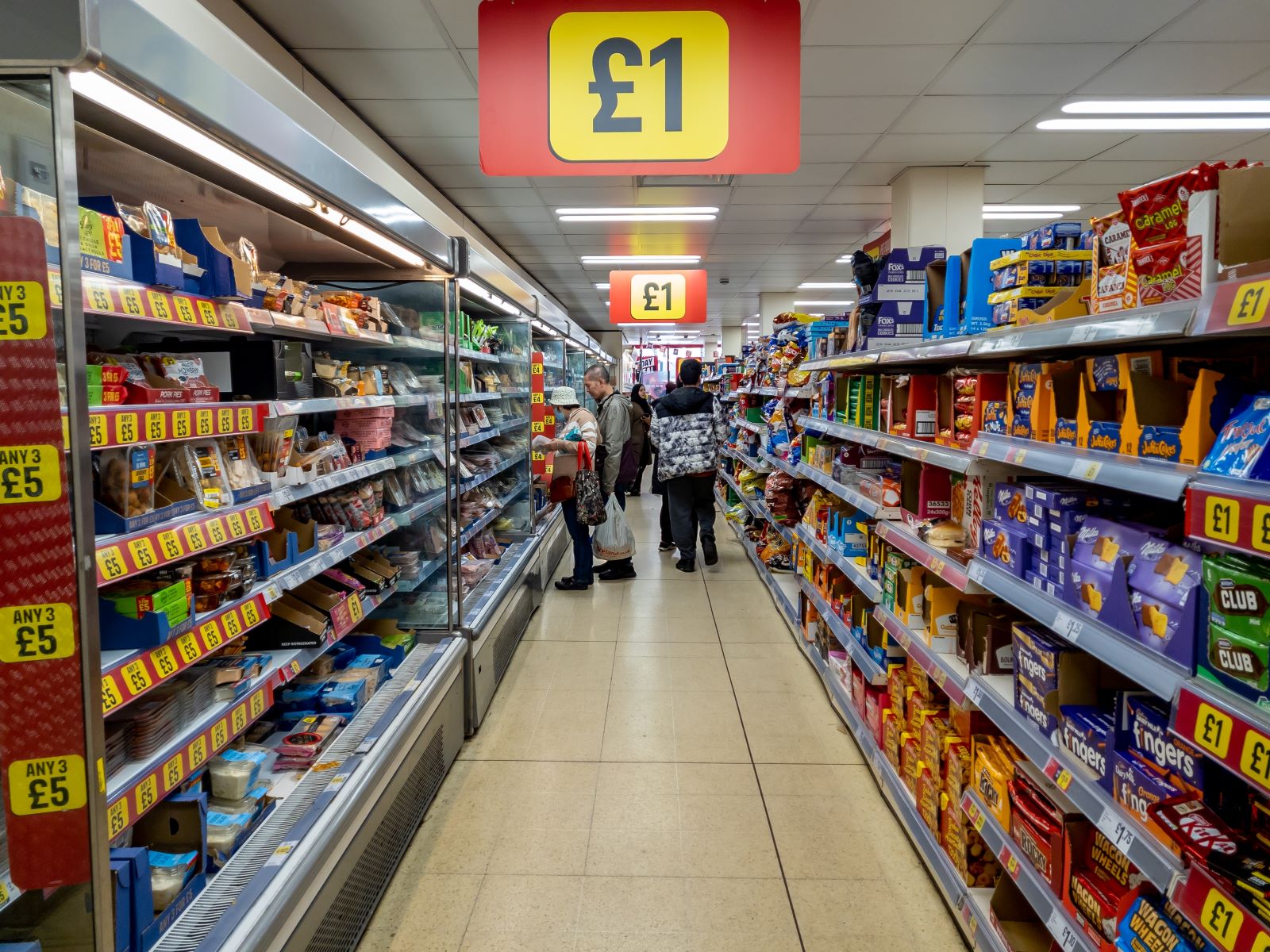
With inflation driving food prices up by 18% over the past year, Labour’s response to the cost-of-living crisis has been inadequate. Rising costs continue to squeeze low-income families, pushing them closer to the edge despite government interventions.
16. Public Debt Limits Future Action

Public debt has surged to over £2.6 trillion, equivalent to 101% of GDP. The Institute for Fiscal Studies warns that this mounting debt will limit Labour’s ability to fund future policies aimed at reducing inequality, potentially leading to further cuts.
17. Wealthy Londoners Escape Unscathed
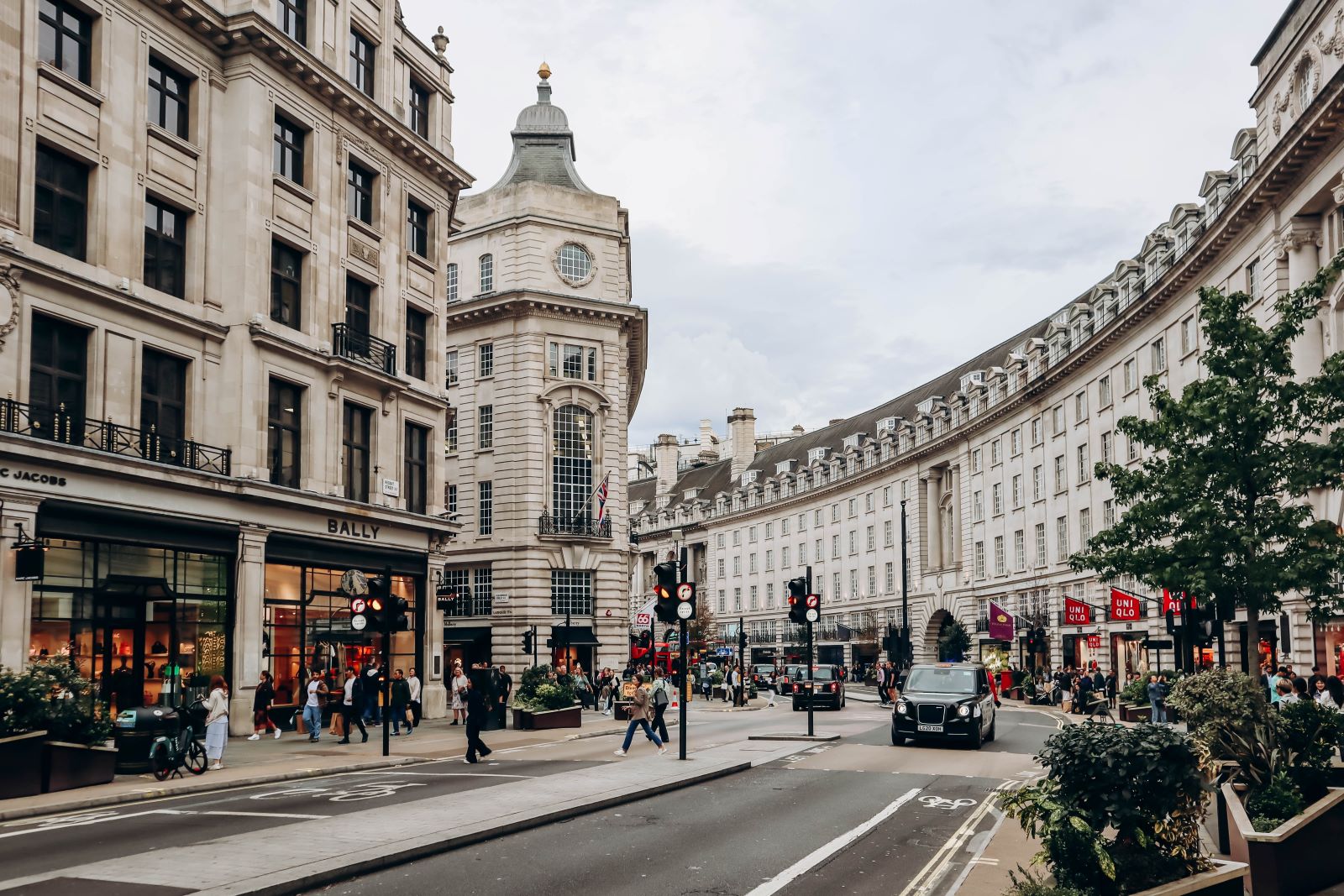
London’s wealthiest residents continue to benefit from rising property and asset values, while the poorest struggle with unaffordable rents and living costs. Labour’s inaction on wealth redistribution has left the capital’s rich untouched by the growing inequality crisis.
18. The Fallout of Brexit

The economic fallout from Brexit continues to hit the poorest hardest. The Office for Budget Responsibility forecasts that Brexit will leave the UK economy 4% smaller in the long term, constraining Labour’s ability to fund social programmes and reduce inequality.
19. Renters Abandoned by Policy Failures
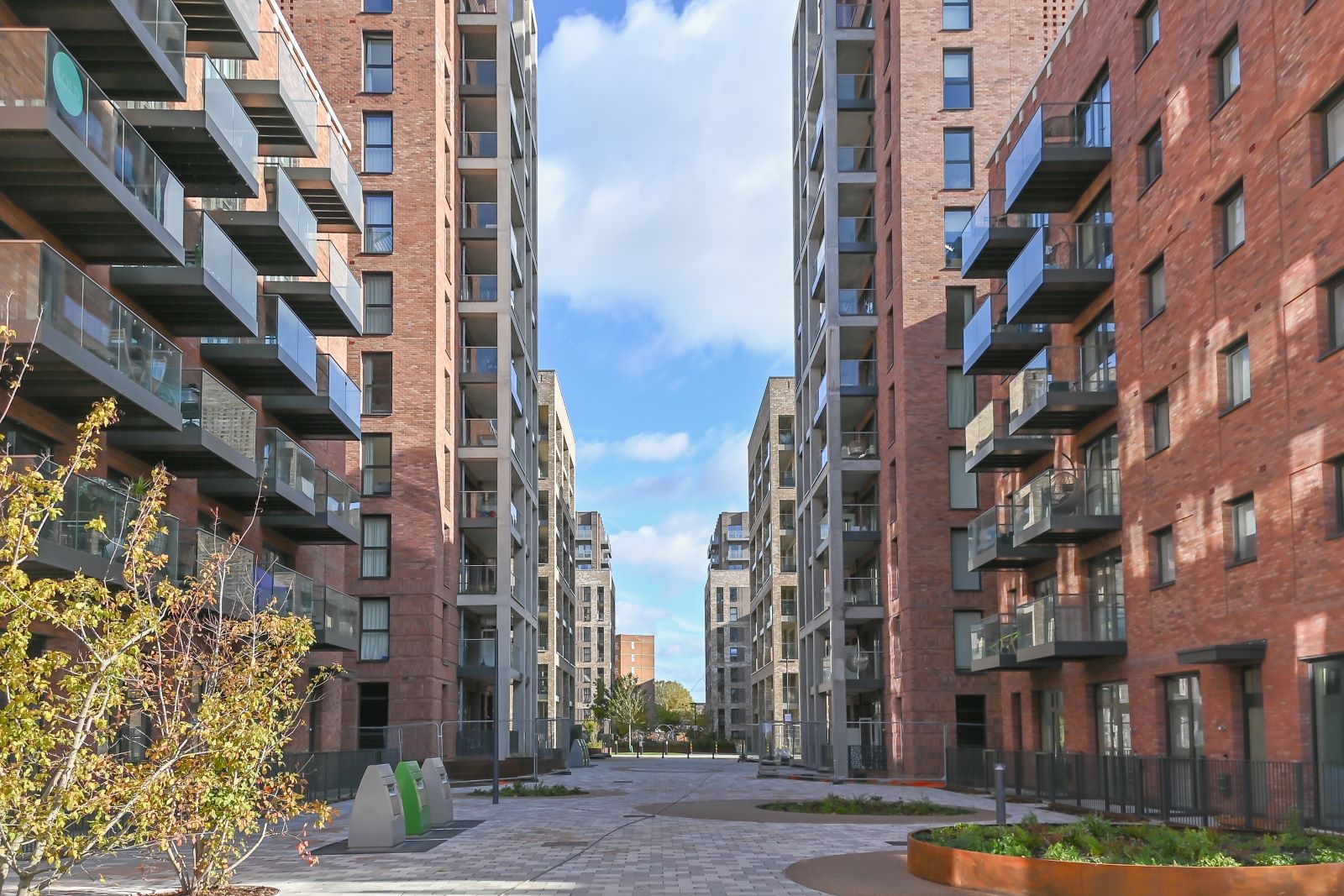
Labour’s inaction on rental reform has left millions of renters in precarious situations. With rents continuing to rise, many tenants, particularly in urban areas, are struggling to keep a roof over their heads as Labour fails to deliver on its housing promises.
20. Austerity’s Lingering Impact on Public Services

Despite Labour’s promises to reverse the effects of austerity, public services remain severely underfunded. Local councils are facing a £3 billion shortfall by 2025, with the poorest communities once again bearing the brunt of the cuts.
Can Labour Turn the Tide?
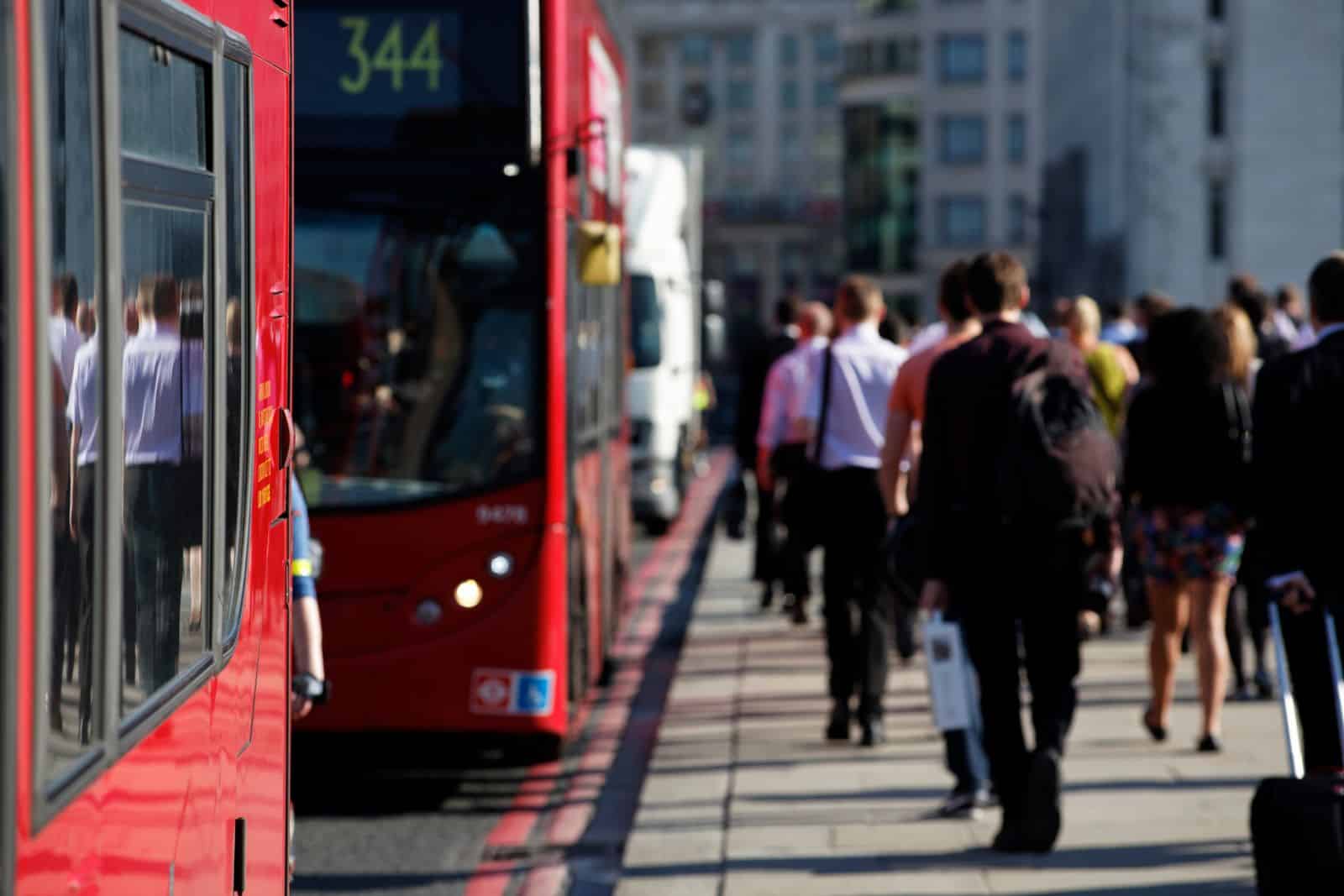
How much longer can Labour delay action while inequality worsens? With the wealth gap growing and their promises unfulfilled, will the government find a way to address the deepening crisis before it’s too late?
Featured Image Credit: Shutterstock / Juiced Up Media.
For transparency, this content was partly developed with AI assistance and carefully curated by an experienced editor to be informative and ensure accuracy.
The images used are for illustrative purposes only and may not represent the actual people or places mentioned in the article.

